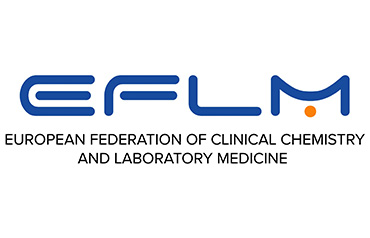| In July 2017, the substance 4-(1,1,3,3-tetramethylbutyl)phenol, ethoxylated (4-tert-OP) and 4-nonylphenol was added to Annex XIV of Regulation (EC) No 1907/2006 (‘REACH Regulation’)[1] with a sunset date of January 4th, 2021. After this date, this substance can no longer be placed on the market or used in the EU unless subject to Authorisation (or exemption).
4-tert-OP and NPE are commonly used substances in the in vitro diagnostic (IVD) medical devices industry to ensure the specificity and sensitivity of diagnostic tests for hundreds of different diseases and conditions. These diagnostic tests are specifically balanced and designed to perform biochemical reactions at the molecular level when combined with patient samples, and re-designing these tests with different substances is an extremely challenging and technical process subject to stringent regulatory requirements including testing, validation and country registrations which can take 5-12 years to complete per product.
Despite entering into the process of Authorisation in good faith, the Draft Opinions prepared by the Risk Assessment Committee (RAC) & Socioeconomic Assessment Committee (SEAC) in regard to the majority of these applications now recommend that Downstream Users are subject to the following conditions:
“All solid and liquid waste shall be collected for adequate treatment. The treatment shall minimize releases to environmental compartments as far as technically and practically possible. Release into the sewer system or to surface waters is not adequate treatment.”
Compliance with these conditions will put the supply of IVD products in the EU at risk, given the significant impacts associated with their implementation.
As EFLM we consider that the proposed conditions are unrealistic and unfeasible for medical labs at this short notice due to technical, logistical and financial constraints. Also, the recommendation will introduce a competitive disadvantage for some applicants and downstream users. The proposed conditions, if implemented, are disproportionate and would pose a serious risk to the continued operation of testing laboratories and as such could result in severe delays in diagnosis and treatment for millions of EU patients. Potential risks to human health as a consequence of the proposed conditions of Authorisation must be given appropriate consideration.
IVD-manufacturers currently ask authorization to enable continuity of IVDs on the European market. If IVD-manufacturers get their authorizations for continued use of these detergents, the conditions for use required by REACH are deviated to the end-users.
The recommended REACH instructions to end-users are: “All solid and liquid waste shall be collected for adequate treatment. The treatment shall minimize releases to environmental compartments as far as technically and practically possible. Release into the sewer system or to surface waters is not adequate treatment.”
As there is currently no known treatment technology proven to effectively remove dilute concentrations of 4-tert-OP and NPE from the wastewater generated from reagents used upon IVD instrument platforms, this implies that EU healthcare systems and diagnostic laboratories should collect and incinerate all their wastewater.
[1] Regulation (EC) No 1907/2006 of the European Parliament and of the Council on the Registration, Evaluation, Authorisation and Restriction of Chemicals (REACH) |


